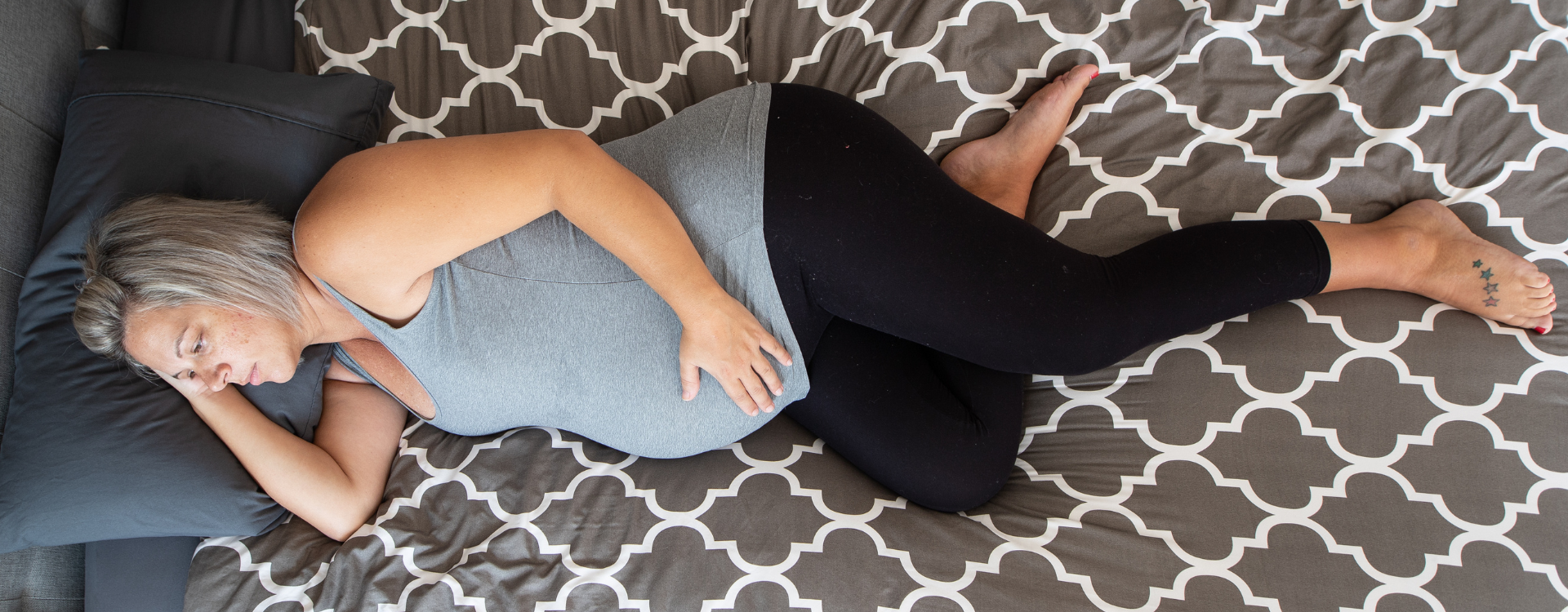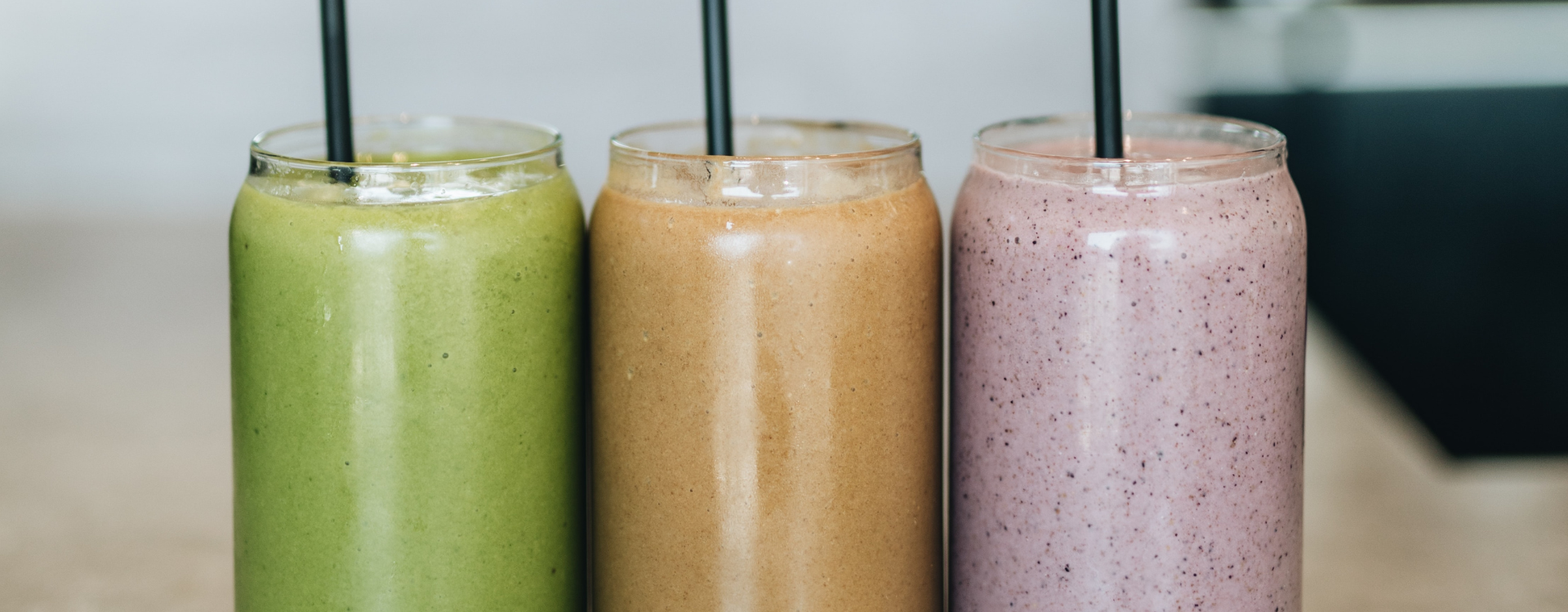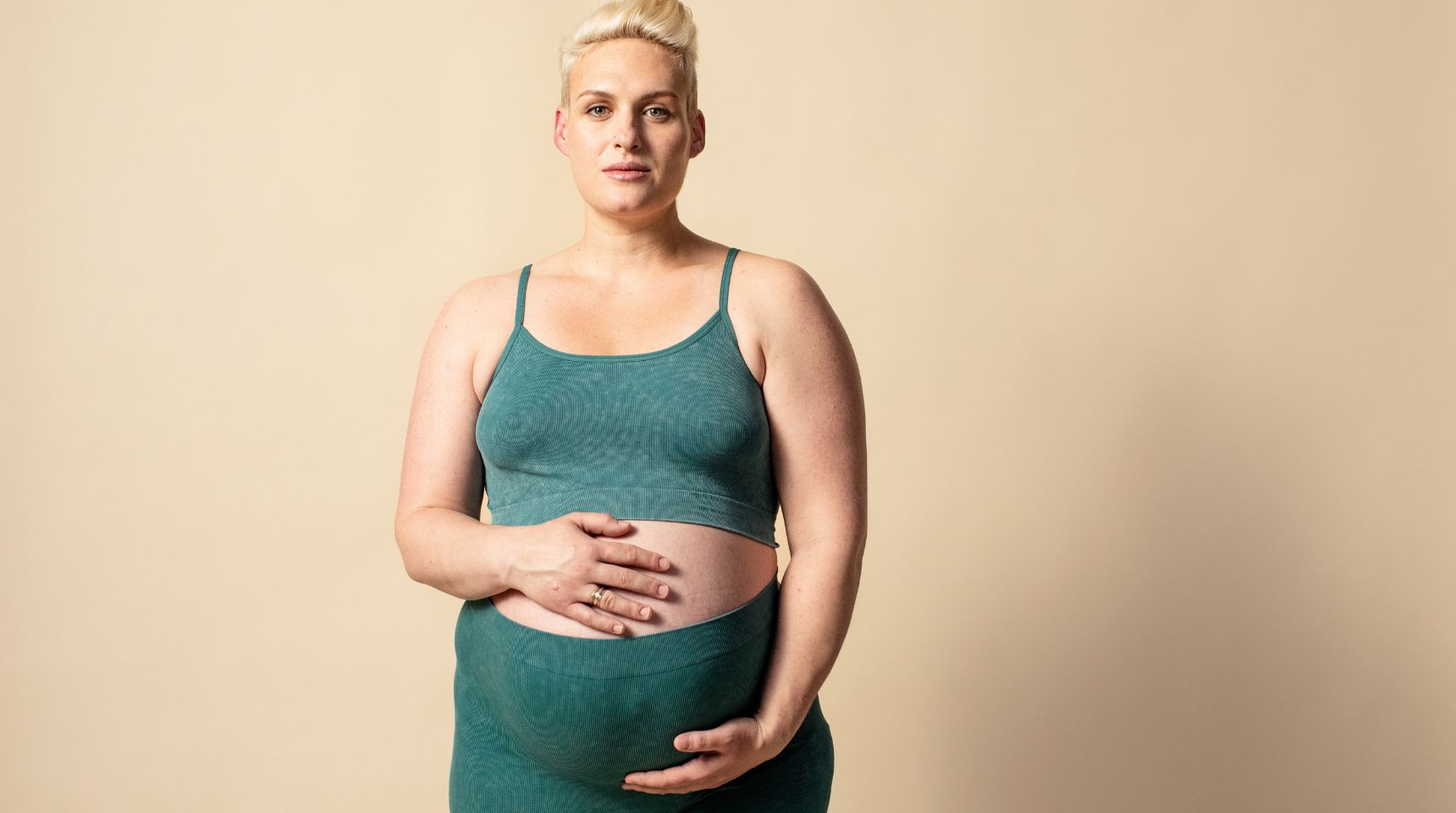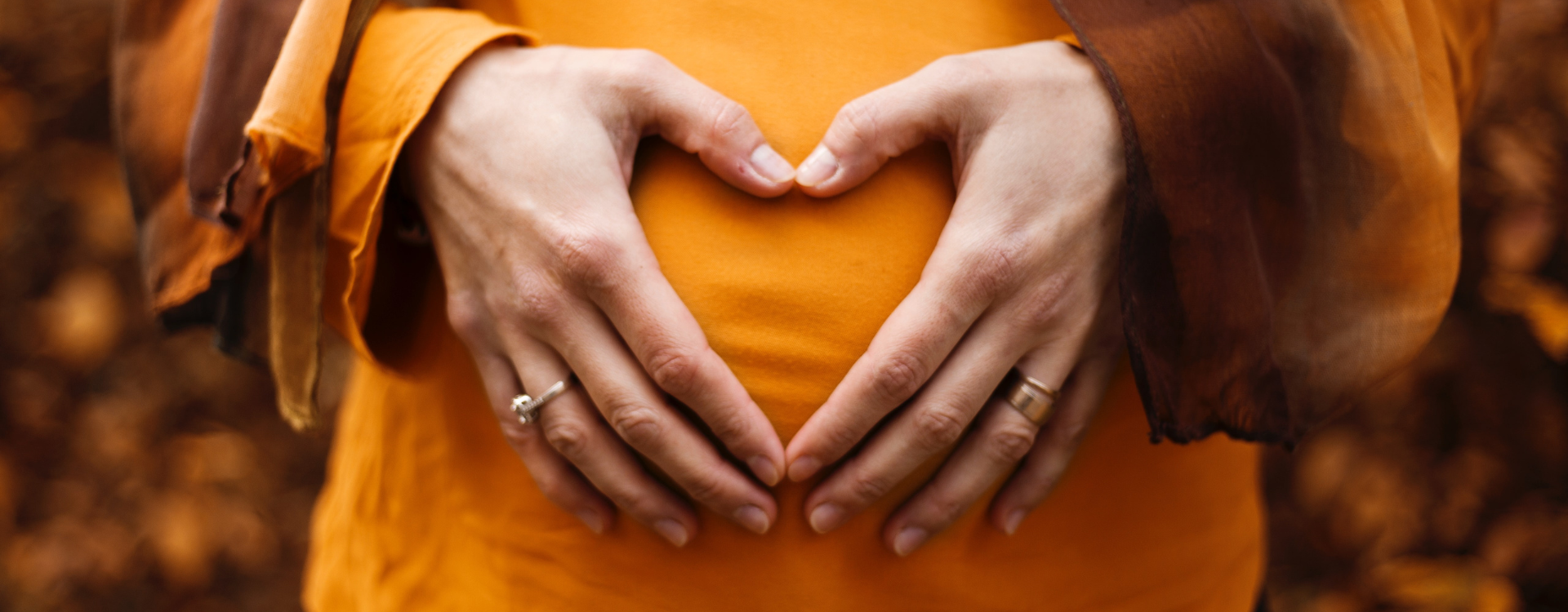There’s a reason people sometimes call the postpartum period “the fourth trimester”—it’s a continuation of your pregnancy journey.
And if you marveled at how your body changed during pregnancy, then buckle up! Because even after you give birth, things will keep on changing.
“It takes time for your body to adjust to no longer being pregnant, both physically and emotionally,” says Dr. Nicole Calloway Rankins, a board-certified ob/gyn. “Much of this has to do with fluctuating hormones, like progesterone, estrogen, oxytocin, and prolactin.”
You probably know to expect some pain and discomfort right after birth. Here’s what else awaits you in those first six weeks after your baby is born.
You’ll still have a “pooch”
Don’t put away those maternity clothes just yet. After all that stretching to make room for your growing baby, your postpartum stomach will need time to recover. Chances are, you’ll look about six months pregnant when you leave the hospital or birthing center. By six to eight weeks, your uterus will shrink back to its normal size. Then you’ll need additional time to shed any remaining pounds you gained during pregnancy (more on that later!).
It’s important to manage your expectations about your postpartum tummy. “Pregnancy stretches your skin and muscles considerably. Your stomach after birth may never be quite as flat or taut as it once was and that’s ok!,” Dr. Rankins explains. “But breastfeeding and exercise, especially abdominal exercises, can help this area recover over time.”
You may still feel swollen
During pregnancy, your body produces 50 percent more blood and other fluids (wow!) to accommodate your growing baby. That water retention can show up as swelling in your face, hands, and feet, and it takes a few weeks for all of it to leave your system. To help things along, drink plenty of water and put your feet up when you can.
You may sweat—a lot
If you find yourself reaching for the antiperspirant more often, you’re not alone. Shifting hormones can make you more prone to sweating, especially at night. Postpartum night sweats are one way your body gets rid of all that extra fluid from pregnancy. It may help to keep your bedroom cooler than usual. Wear lightweight, loose-fitting clothing (hey, that’ll be more comfortable anyway!) and change clothes as often as you need to. Daily showers will also help with postpartum body odor, which can be even stronger if you’re breastfeeding.
Your emotions might (ok will probably) be all over the place
Again, you can thank your fluctuating hormones for this, in part. There’s also the stress that comes with caring for a newborn—parenting is hard work, and you’ll be learning much of it on the job. It’s normal for your moods to sway from sheer joy to “what did I get myself into?”
Talk about how you’re feeling and find support wherever you can. Most importantly, seek help if your “baby blues” last for more than two weeks or interfere with your daily life. That could be a sign of a more serious mental health condition.
You’ll be pretty darn tired
This one may seem obvious, but baby’s sleeping schedule (or lack thereof) isn’t the only culprit. “Labor is strenuous, and women can lose a lot of blood during childbirth, which saps your energy even further,” Dr. Rankins explains. Rest when you can, and don’t hesitate to delegate tasks to your partner, family, or friends until you get your strength back.
Your skin may need some TLC
If you experienced any skin issues during pregnancy—hello, acne and dark patches!—then it will likely continue after you give birth. Postpartum hormonal changes can also leave your skin looking dry and dull. Keep up with your skin care routine and (again!) drink lots of water, and these problems should resolve on their own.
Any weight loss will be gradual
You can expect to drop about 10 pounds immediately after birth, accounting for baby herself plus the placenta, blood, and other fluids. Another few pounds may come off in the next week or two. From there, your weight loss should be slow and steady. “Choose healthy foods and move your body when you’re ready to,” Dr. Rankins advises. “Breastfeeding can help with postpartum weight loss too, as you’ll burn calories in the process of making milk.”
When To Seek Help
Chances are you will fully recover from pregnancy and birth without any major issues. But take notice if your pain, swelling, or bleeding get worse with time. The same is true if you develop shortness of breath or a fever higher than 100.4 degrees Fahrenheit. If you experience these or other postpartum warning signs, contact your ob-gyn or other healthcare provider.
And even if you’re feeling fantastic, keep going to all your postpartum check-ups. That’s the best way to stay on top of your postpartum health.
One Day at a Time
Once you bring a new person into the world, you’ll never be quite the same again, inside or outside. Despite what you may see in celebrity magazines or your Insta feed, postpartum healing takes time. “Above all, I encourage my postpartum patients to be kind to themselves,” says Dr. Rankins. “Your body has gone through so many changes, and you shouldn’t feel pressured to ‘bounce back’.” Focus on taking care of yourself and your new baby, and the rest will fall into place. And now that you know what happens to your body after birth, take time to learn about the longer-term aspects of postpartum recovery.
All content found on the Lansinoh.com website, including: text, images, audio, or other formats were created for informational purposes only. The content is not intended to be a substitute for professional medical advice, diagnosis, or treatment. Always seek the advice of your physician or other qualified health provider with any questions you may have regarding a medical condition. Never disregard professional medical advice or delay in seeking it because of something you have read on this website.









